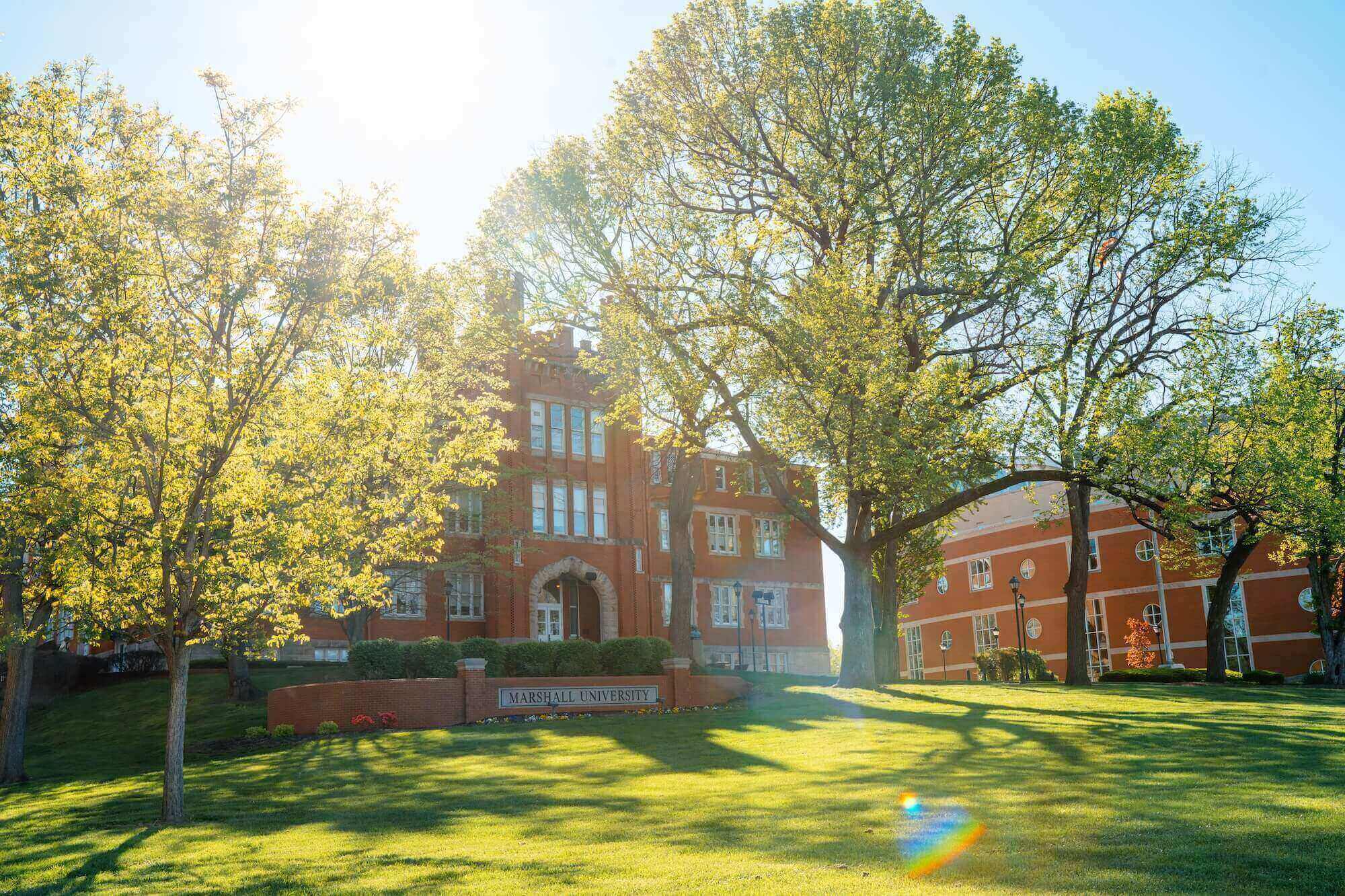Common Search Terms:

Marshall University News
What's happening at Marshall University
Recent Moments
 Finding strength in vulnerability
Dec 15, 2025
Finding strength in vulnerability
Dec 15, 2025
 Finding My Place: How Marshall Became More Than Just a School
Dec 9, 2025
Finding My Place: How Marshall Became More Than Just a School
Dec 9, 2025
 Double Debt-Free Degrees
Dec 1, 2025
Double Debt-Free Degrees
Dec 1, 2025
 Helpers are human
Nov 24, 2025
Helpers are human
Nov 24, 2025
 A Marshall Family Foundation, an Athlete’s Drive, a Researcher’s Future
Nov 18, 2025
A Marshall Family Foundation, an Athlete’s Drive, a Researcher’s Future
Nov 18, 2025
 Full Circle at the Fountain
Nov 12, 2025
Full Circle at the Fountain
Nov 12, 2025
 Soldier. Mother. Survivor. Graduate.
Nov 10, 2025
Soldier. Mother. Survivor. Graduate.
Nov 10, 2025
Upcoming Events
Brass Band of the TriState
December 16
Marshall University Women’s Basketball vs App State – Education Day
December 17
Employee Compensation Training
December 03
Faculty & Staff
HOME Framework Training with Marshall Online – December 18
December 18
Faculty & Staff
Marshall University Women’s Basketball vs JMU- Holiday Hoops
December 20
Winter Break – University closed
December 23
Men’s Basketball vs West Virginia Tech
December 23
Men’s Basketball vs. Georgia State
December 31
Men’s Basketball vs. App State
January 03
Marshall University Women’s Basketball vs Old Dominion
January 07
Recent News Releases
Brass Band of the TriState to perform Dec. 16
December 12, 2025
Marshall extends Direct Admit program to Jackson County
December 12, 2025
Featured Videos



Featured Photo Galleries
Share Your Story
Share your favorite Marshall Moment with us—whether it’s a meaningful memory, a proud achievement, or a special connection you’ve made at Marshall University. Your stories help capture the heart of the Herd and may be featured in future university projects, publications and campaigns. Submit your moment today and help us celebrate what makes Marshall so special!
More News
College of Arts and Media
Marshall to present Steve Martin’s ‘Picasso at the Lapin Agile’
November 12, 2025
Marshall School of Art & Design to present student art exhibits
October 31, 2025
Brass Band of the TriState to perform Oct. 21
October 17, 2025
Marshall to present ‘Found and Fabricated’ art exhibit
October 9, 2025
College of Business
Three Marshall students named University Innovation Fellows
November 7, 2025
Marshall welcomes Harvard Business School students
October 15, 2024
College of Education and Professional Development
College of Engineering and Computer Sciences
College of Health Professions
College of Liberal Arts
College of Science



